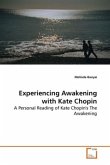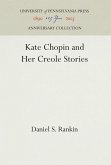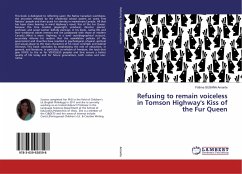Musicals combine the full spectrum of all arts: words, singing, dancing, stage spectacle; providing the audiences with what satisfies all their tastes. The addition of music to a standard play has various benefits; for example, it heightens emotion, reinforces dramatic action, and evokes atmosphere and mood in ways that words alone cannot do. "It defies the time standards of spoken language" (Kislan 214). It can set and sustain a dramatic moment and can function as an acceptable transition device between the parts of the Musical. Finally, it generates dance since a theatre of spoken language limits movement and spectacles while Musicals set the stage ready for choreographing (217). In the best musicals, songs do not exist only for their entertainment value, but to develop the story, mood and theme, communicating drama through music. The song inserts a lyrical moment into the cause-and-effect progress of the plot, a moment that suspends book time in favor of lyric time giving the audience the pleasure that accompanies rhyme, melody and meter.
Bitte wählen Sie Ihr Anliegen aus.
Rechnungen
Retourenschein anfordern
Bestellstatus
Storno








